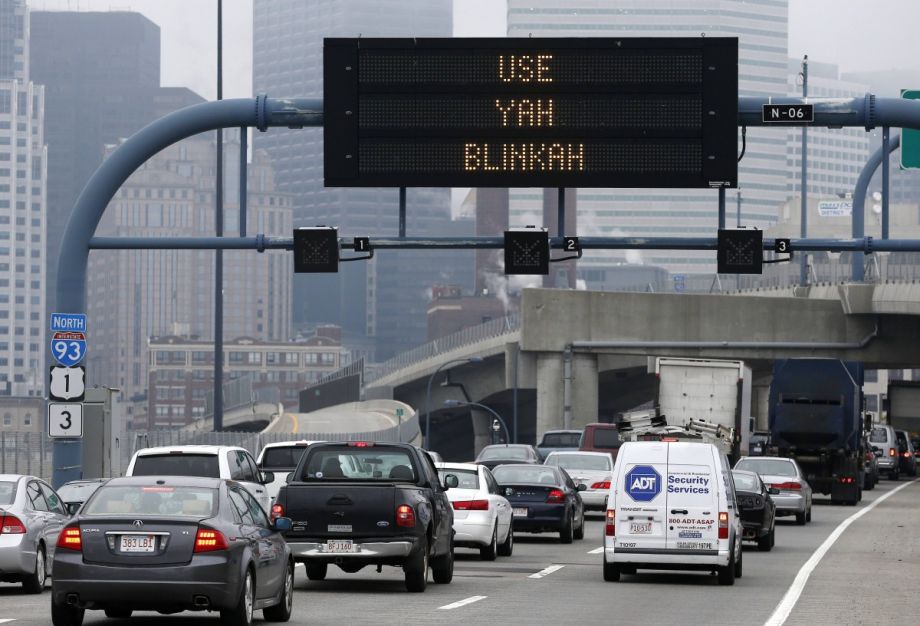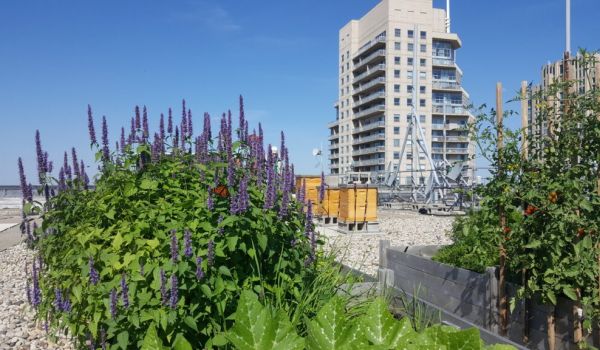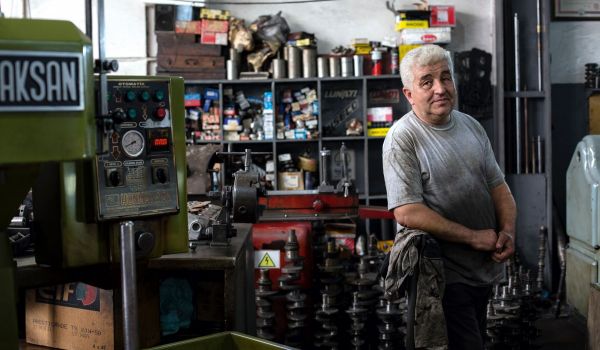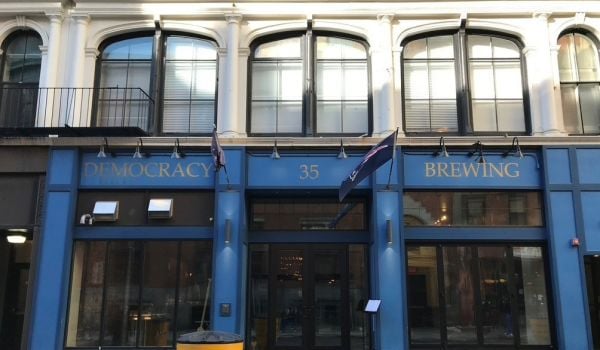A Massachusetts commission has made 18 recommendations to help the state modernize its transportation system and tackle climate change.
Choices for Stewardship recommends that the state prioritize public transit to attract “a significantly greater number of riders” than it does today. It recommends investing in and supporting services like Zipcar that make it easier to eliminate individual car ownership. And it recommends that by 2040, all new cars, buses and light trucks sold in Massachusetts will be electric.
“Whether today or in the future, we simply must move more people in fewer vehicles if we are serious about reducing congestion and greenhouse gas pollution from the transportation sector,” Transportation Secretary Stephanie Pollack told WBUR.
The report also alluded to dedicated bus lanes, saying that roadway design should “prioritize person throughput rather than vehicle throughput” and argued that the state needs to help cities promote density.
The report only made recommendations and doesn’t discuss how to pay for these changes. That’s by design, commission chair Steve Kadish told WBUR. Kadish, who’s also Gov. Charlie Baker’s former chief of staff, told the radio station that, “while we discussed the interrelation of transportation, housing, jobs and the economy, it’s not about specific projects, and while we have a strong recommendation about resources, it’s not about near-term budgets or revenue.” He added that the report focused “on the big picture what and the why” and was “less specific on the how.”
One possible funding mechanism is also alluded to in the report: The commission recommended exploring various congestion charges. The report noted that London’s congestion charge has not actually reduced congestion, the report noted, but “has allowed the city to make significant investments in transit to increase the capacity of the overall transit system.”
Gov. Baker, who commissioned the report in January, told Commonwealth Magazine that he’d be open to such an idea if implemented in areas where drivers have plenty of other options and if the charge wasn’t too high, saying that London’s hefty fee is “not exactly what people have talked about around here.”
The state will need to begin to work quickly. The report noted that before the state can begin to beef up its transit capacity, MassDOT and MBTA have a backlog of deferred maintenance projects to get through. If those can’t be completed by 2030, reaching the 2040 goal will be tough.
Under state law, Massachusetts must reduce its carbon emissions to 25 percent below 1990 levels by 2020, and 80 percent below 1990 levels by 2050. Since 40 percent of greenhouse gas emissions come from transportation in the state, reaching the transit goals will go a long way toward meeting the state’s broader climate goals.
Chris Dempsey, head of the advocacy group Transportation for Massachusetts, praised the report to WBUR, telling the station, “On the environmental front, the Commission’s support for a regional, market-based program to reduce transportation emissions positions Massachusetts to be a national leader on climate change. Such a program, if implemented correctly, will not only reduce greenhouse gasses and bolster climate resiliency throughout the Northeast, but also improve our infrastructure, our economy, our public health, and our future here in the Commonwealth.”

Rachel Kaufman is Next City's senior editor, responsible for our daily journalism. She was a longtime Next City freelance writer and editor before coming on staff full-time. She has covered transportation, sustainability, science and tech. Her writing has appeared in Inc., National Geographic News, Scientific American and other outlets.
Follow Rachel .(JavaScript must be enabled to view this email address)









_600_350_80_s_c1.jpg)






